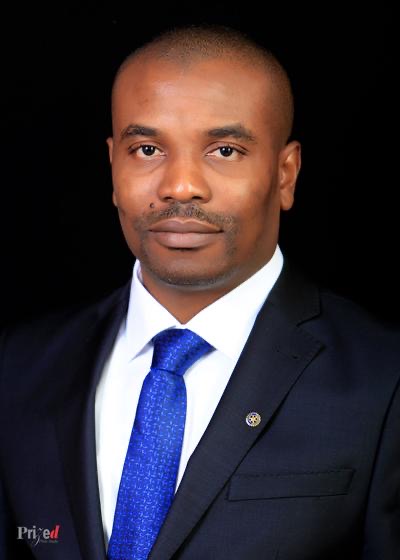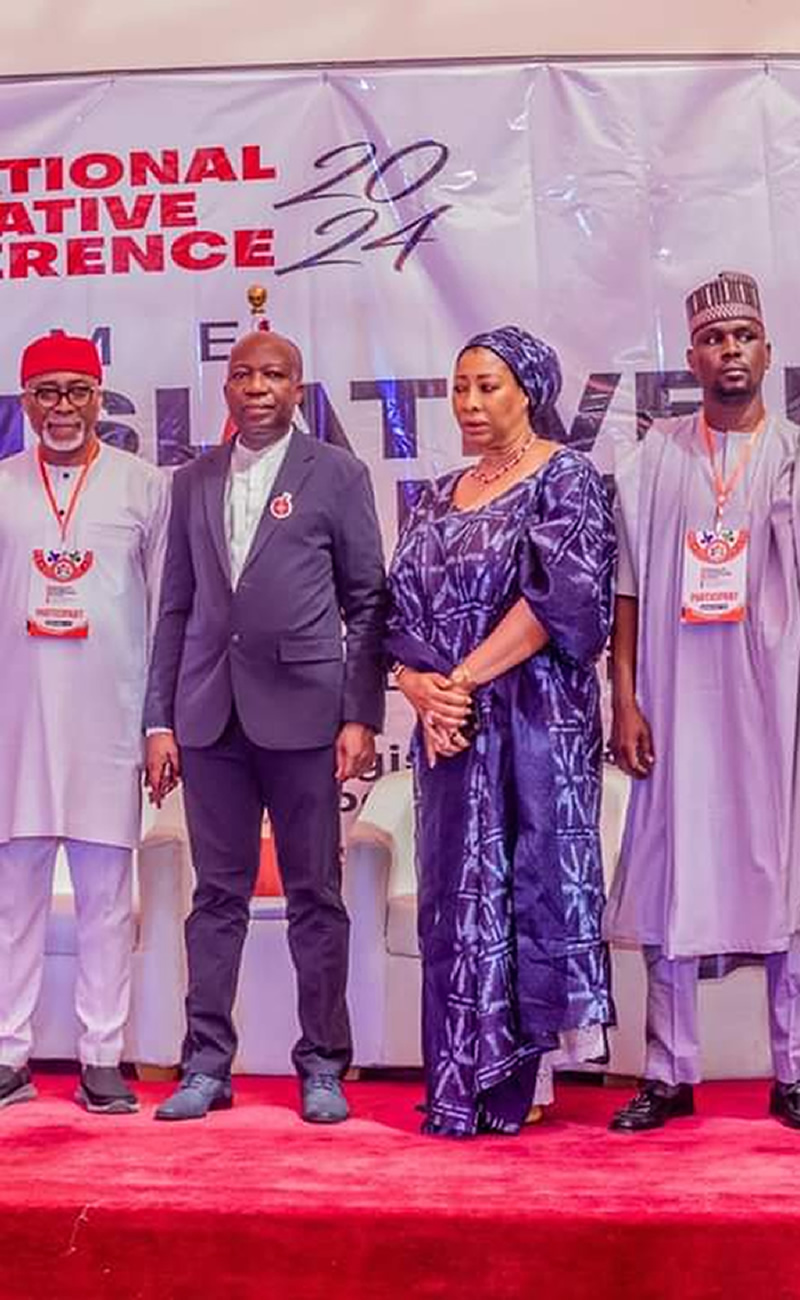The lack of provisionsin the disability rights act to cater for the peculiar needs of children with disabilities in the extant law is a gap the House of Representatives will look to close, says Rep. Dawodu

The Chairman, House of Representatives Committee on Disability, Rep. Bashiru Dawodu, has expressed the desire of the legislature to amend the disability rights act to cater for the peculiar needs of children and other minors living with disabilities.
Rep. Dawodu (APC, Lagos) said this while speaking at the OrderPaper OPEN (Online Parliamentary Engagement Nigeria) Space conversation on X (formerly Twitter) on Sunday, December 3. The online conversation, which is themed, ‘the Prohibition against PWD Law: How far, so far,’ was organised to commemorate the International Day for People Living with Disability (IDPD 2023).
The discussion on the PWD law addressed issues of discrimination, nomenclature, participation, and inclusion of People Living With Disabilities (PWDs) in Nigeria as well as the delay of States in domesticating the law.
Dawodu expressed regrets that there are no specific provisions for children’s disability in the extant PWD law, saying such is a major loophole that the 10th assembly seeks to address.
He observed that there are no specific provision to protect the interest of children with disability in both the PWD law, and the Child’s Right Act, which focuses on children.
“The act is not specific about children and we are interested in the amendment in that regard. There are two laws; the PWD Act, and the Child’s Right Act, and none of these made provisions specifically for children with disabilities. We are also interested in gender and law enforcement. The police must be made to take PWD seriously,” he said.
The lawmaker, who represents Oshodi/Isolo federal constituency, also lamented that the absence of verifiable data on PWDs which makes it difficult to identify their population, and other necessary statistics about them.
“The truth of the matter is we don’t know any available data on PWD. People are using the number provided by the United Nations which puts it at 15 percent, but it could be more than that. The issue of data is one of the things we intend to address in the 10th assembly. We have the issues of awareness and data. Even the Act itself, we believe that there are gaps in the Act that we need to address.”
When asked about the failure of state governments across the country to domesticate the Act, Rep. Dawudo blamed the delay on poor awareness at the state level and the lack of interest among governments at the sub-national level.
He recommended that legislators at the national level meet with the state governments and state assemblies and persistently encourage them to domesticate the act.
“A lot of time is an issue of lack of awareness,interest and not getting the push. A lot can come from the assembly. Sometimes, we are in the position to give that push. We can reach out to the governors, parliaments and talk to them about domesticating the bill. And with that, they’ll do the right thing,” he said.
On the issue of inclusion for PWDs in politics, Dawudo said, “it is easier to seek political appointment compared to becoming a party’s flag bearer. However, at the ward level, parties reserve executive positions for persons with disabilities. The parties all do this at state and national level. There are reserved positions for PWD. Then, it is easy to get an appointment. But when it comes to the electoral process, we are still extremely behind. And I think it is one of the areas in the 10th assembly will look into.”
Rep. Dawudo, in November, had moved a motion in the House for the creation of more awareness on the rights of PWDs and the domestication of the Act in the states of the country.
Following the adoption of the motion, the House asked the Ministry of Information and National Orientation to promote and educate the public about the Discrimination against Persons with Disabilities (Prohibition) Act, 2018.
The OrderPaper OPEN Space discourse for IDPD 2023 underscores unity of stakeholders for PWD issues, including the role of assistive technologies and the need for inclusive national policies aligned with specific Sustainable Development Goals (SDGs).
Apart from Rep. Dawodu, other speakers who featured at the OPEN Space conversation were Lois Auta, Executive Director, Cedar Seed Foundation, and Humphrey Ukeaja, Senior Programme and Disability Expert, Centre for Citizens with Disability (CDD).



